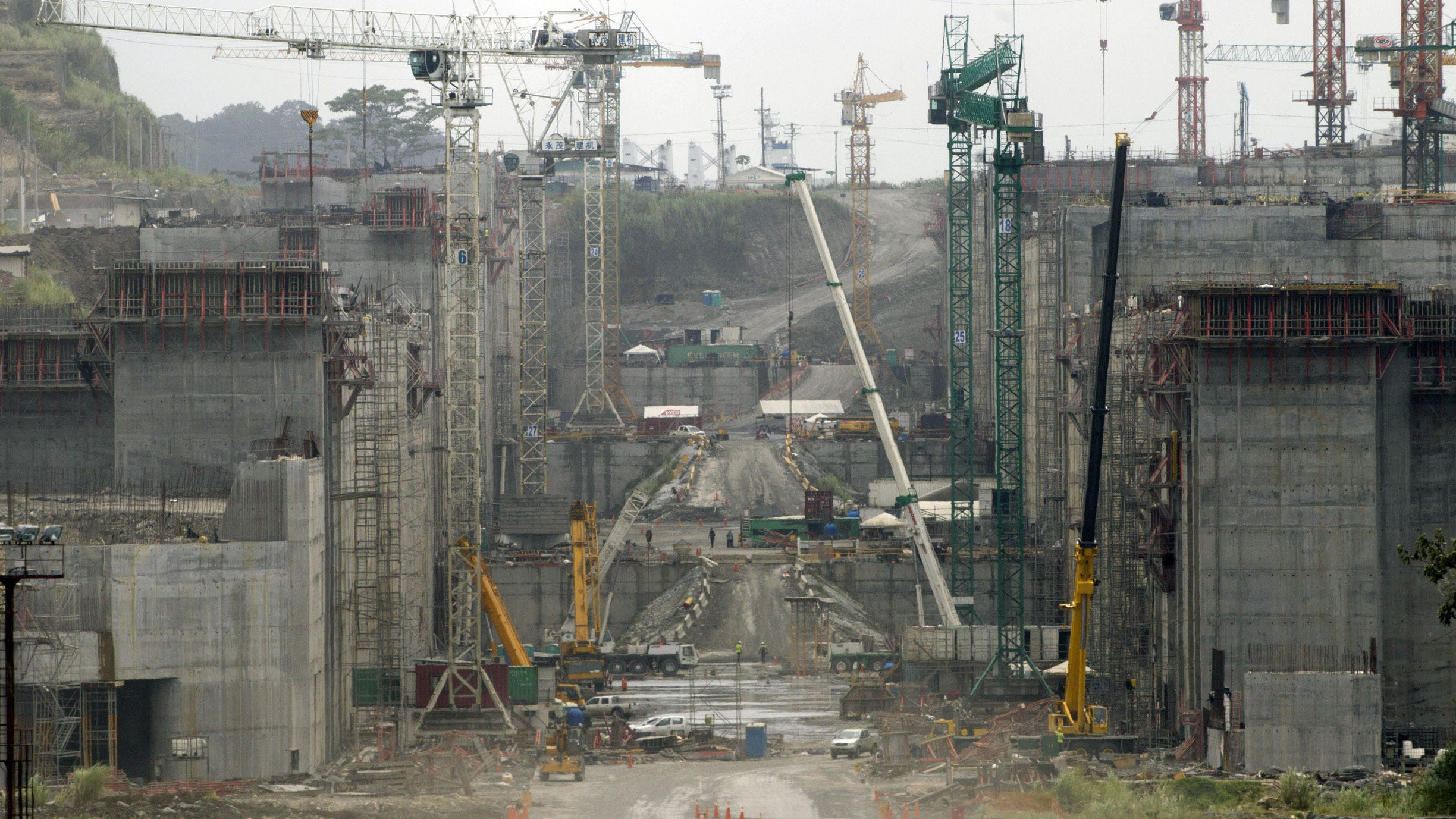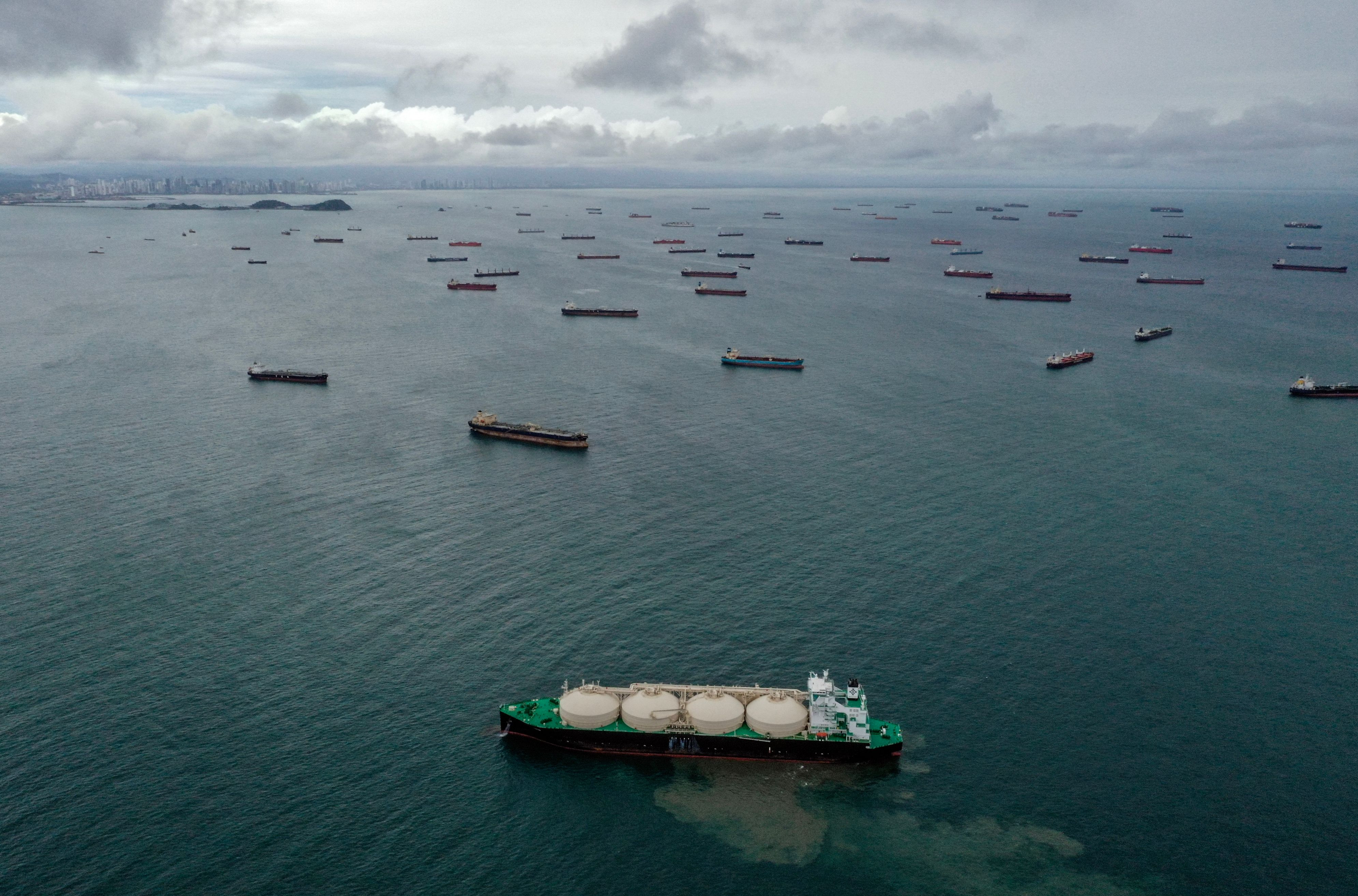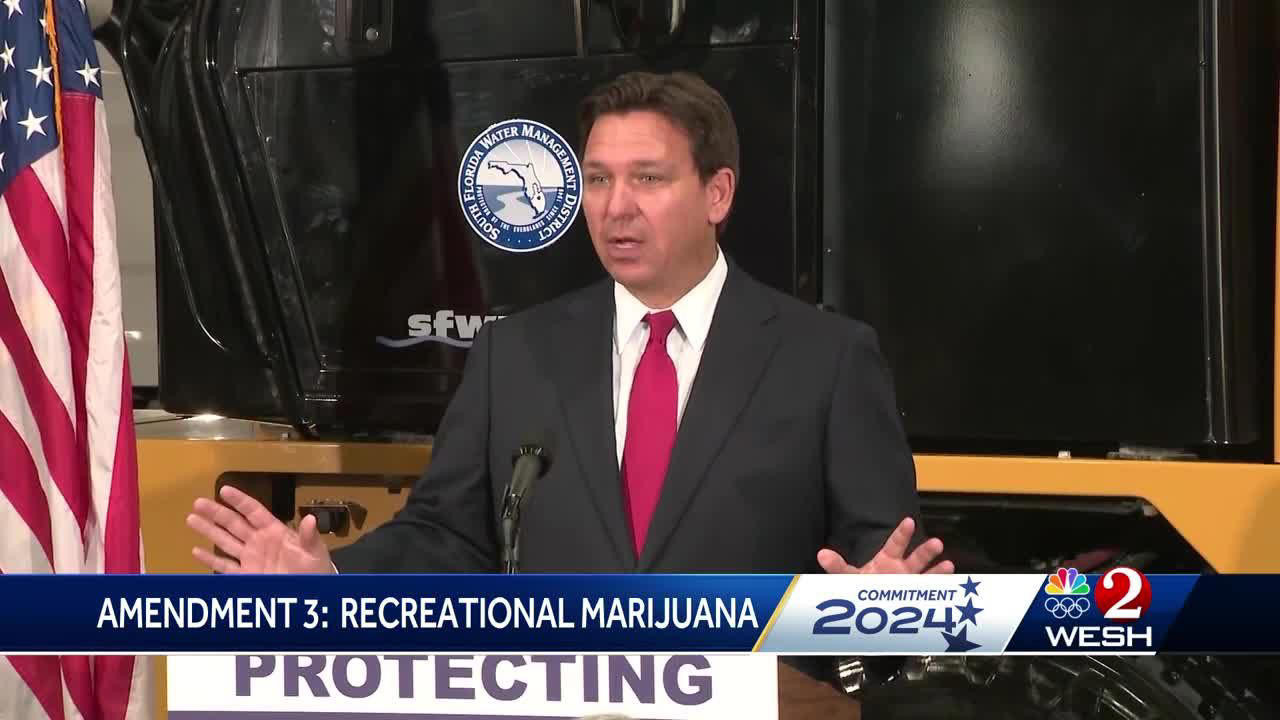Trump's Panama Canal Power Play: A New Chapter in Global Geopolitics?
The world watched in surprise as President-elect Donald Trump issued a startling ultimatum to Panama: reduce the "exorbitant" fees charged to US vessels using the Panama Canal, or face the consequences of the US reclaiming control of the vital waterway. This dramatic declaration has sent shockwaves through global politics and sparked heated debates about the future of international relations.
The Panama Canal: A Global Lifeline
The 51-mile (82km) Panama Canal, slicing through the heart of Panama, is a crucial artery of global trade, connecting the Atlantic and Pacific oceans. It shaves off a staggering 7,000 nautical miles (13,000km) from the journey around South America, significantly reducing shipping times and costs. In the year to September 30th, nearly 10,000 ships passed through, carrying a massive 423 million tons of cargo, including food, minerals, and manufactured goods. The economic implications are immense: over 40% of consumer goods traded last year between northeast Asia and the US east coast relied on this passage. The US, the canal's largest customer, accounts for about three-quarters of the annual cargo volume; China is a close second.
A Century of Control and Transition
The history of the Panama Canal is intertwined with US influence. The US oversaw its construction in the early 20th century, controlling the canal zone and even facilitating Panama's independence from Colombia. This control wasn’t without its problems, fostering significant tension with the Panamanian people. A particularly violent protest in 1964 left 28 people dead, and the resulting international outcry helped fuel the movement toward Panamanian control. The 1977 treaties under President Jimmy Carter marked a turning point, paving the way for Panama to assume full control in 1999, after a period of joint administration and a 1989 US invasion.
The Dispute: Exorbitant Fees or Economic Necessity?
Trump's criticism centers on the fees Panama charges for canal usage. He deemed these fees "ridiculous" and a "complete rip-off," alleging unfair treatment of American vessels. These fees, however, are dynamic, and have recently increased significantly due to severe drought in 2023. This drought, exacerbated by global warming, dramatically reduced the canal's capacity, causing massive congestion and lengthy delays. As a result, daily ship transit plunged from 36 to 22, forcing some ships to wait for weeks or pay exorbitant fees of up to $4 million to jump the queue. While the canal authority has taken steps to ease congestion, increasing the number of daily transits, further fee adjustments are planned for January 1st, 2025.
Beyond Economics: Geopolitical Concerns?
Trump's concerns extend beyond mere economics. He also voiced apprehension about the canal falling into the "wrong hands," hinting at Chinese influence. While a Chinese company does operate two of the five ports adjacent to the canal, Panama's president, José Raúl Mulino, vehemently rejected any suggestion of a lack of Panamanian control. Mulino stated unequivocally that "every square metre of the Panama Canal and its adjacent zones is part of Panama, and it will continue to be." The rhetoric surrounding Chinese influence underscores the intense geopolitical competition shaping the discussion.
Echoes of History and the Future of the Canal
Trump’s aggressive stance echoes past conflicts over the canal, highlighting the enduring importance of this strategic waterway and the sensitivities surrounding its ownership. Panama's firm rejection of Trump's demands underscores its commitment to sovereignty and independence. The current situation raises serious questions about the potential for escalated tensions and the possible ramifications for global trade and international relations. While Trump's threat may be posturing, it highlights the simmering geopolitical rivalries and the profound economic significance of the Panama Canal in the 21st century.
The unfolding situation underscores the need for calm, diplomatic engagement and respectful dialogue. A solution that respects the sovereignty of Panama while addressing the legitimate concerns of the United States and the international community is essential for maintaining stability and fostering cooperation. The future of the Panama Canal, and global trade, hinges on such a solution.
Panama's firm stance on its sovereignty, coupled with Trump's unwavering assertion, leaves the world watching closely as this complex and historic situation unfolds, with potential implications far beyond the immediate actors involved. The coming months will be critical in determining the future trajectory of this significant international dispute. The world waits to see how this geopolitical chess game will play out.


















